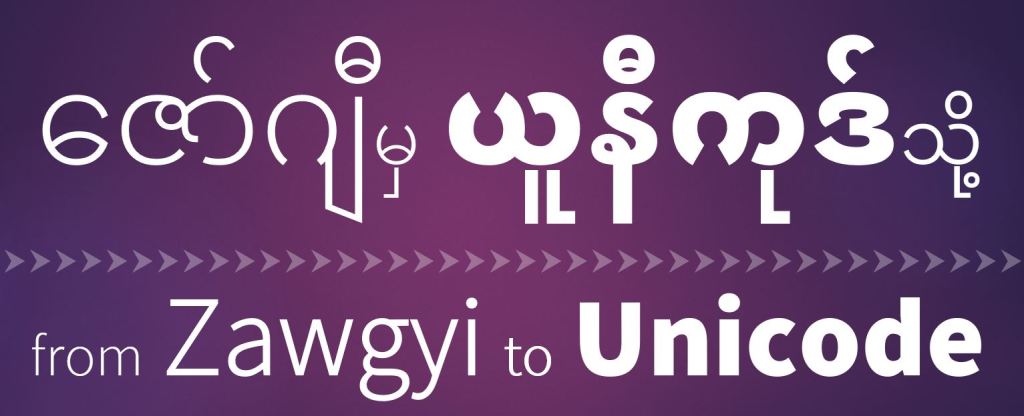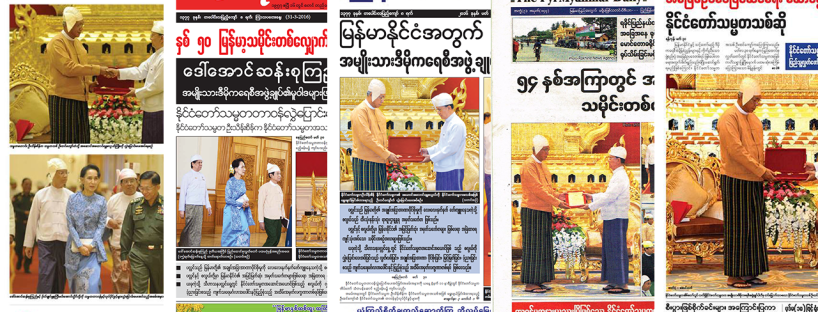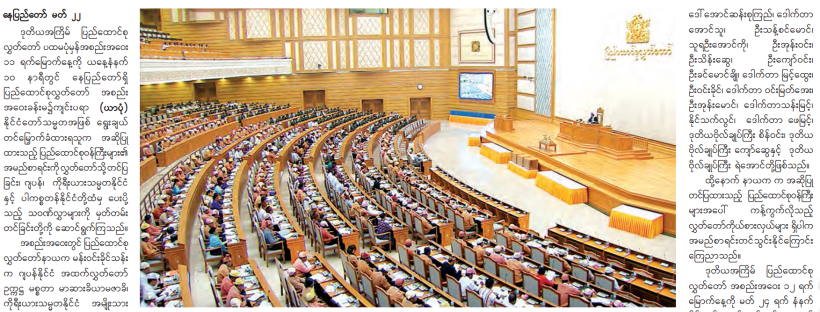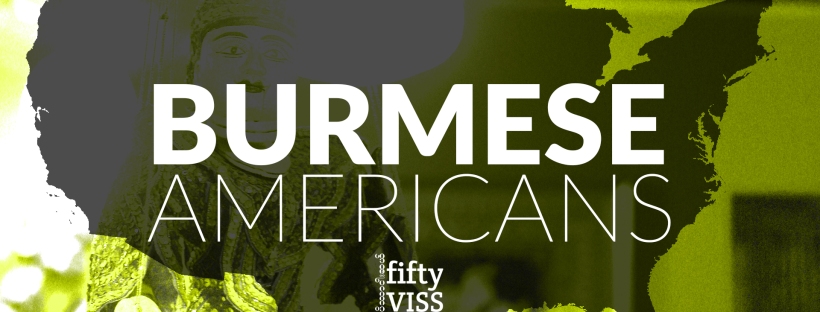
Last month, the Burmese tech community joined hands with the national Ministry of Transport and Communications to launch the Myanmar Unicode Migration initiative, which has sparked and garnered greater attention from Burmese media (e.g., on 7 Day, BBC, DVB, Eleven Media, VOA, Myanmar Business Today, etc.).
Continue reading





